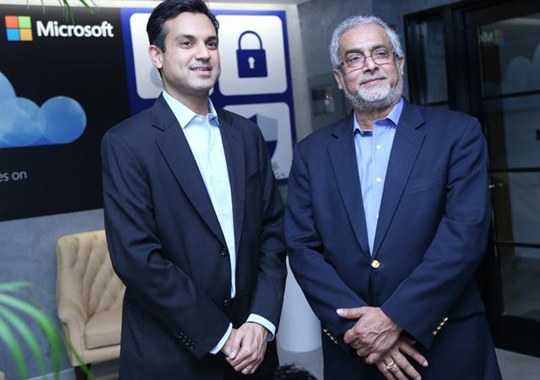New Delhi, Oct 24: Microsoft India has launched its first full-scale Cybersecurity Engagement Center (CSEC) in India, after a successful year-long pilot. Situated in Delhi, the center will bring together Microsoft capabilities to foster deeper cybersecurity collaborations with public and private sector organizations and build a trusted and secure computing environment, a critical enabler for India's digital transformation.
"The purpose is to secure India in its journey of digital transformation," said Bhaskar Pramanik, chairman, Microsoft India.
According to Microsoft, the CESC will offer their expertise and work with partners to detect and take evasive measures to tackle cyber threats in India. Besides, it'll build a trusted and a secure computing environment, a significant move towards India's digital transformation.
The CESC is a part of Microsoft Consultancy Services (MCS), a dedicated response team based in India, that'll offer security consultancy services to business organisations.
The team will work closely with enterprises to understand their business goals. Also, MCS will offer services such as cyber monitoring, threat detection using machine learning based technology and take evasive measures to combat cyber threat.
This marks Microsoft's seventh Cybersecurity centre in the world. The company's other cyber security centres internationally are located in Tokyo, Seoul, Beijing, Singapore, Berlin and Washington DC.
Microsoft has now announced Microsoft Secure, a nationwide campaign to increase awareness on cybersecurity and help organisations understand their security requirements better. Its approach in the cloud-centric world is based on three functional areas - protect, detect and respond.






Comments
Add new comment